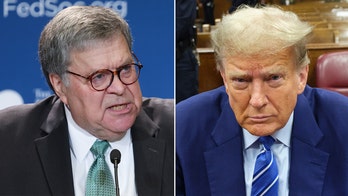With the departure of Sens. Romney, Sinema, and Manchin, the Senate faces increasing gridlock as more partisan figures are expected to replace them.
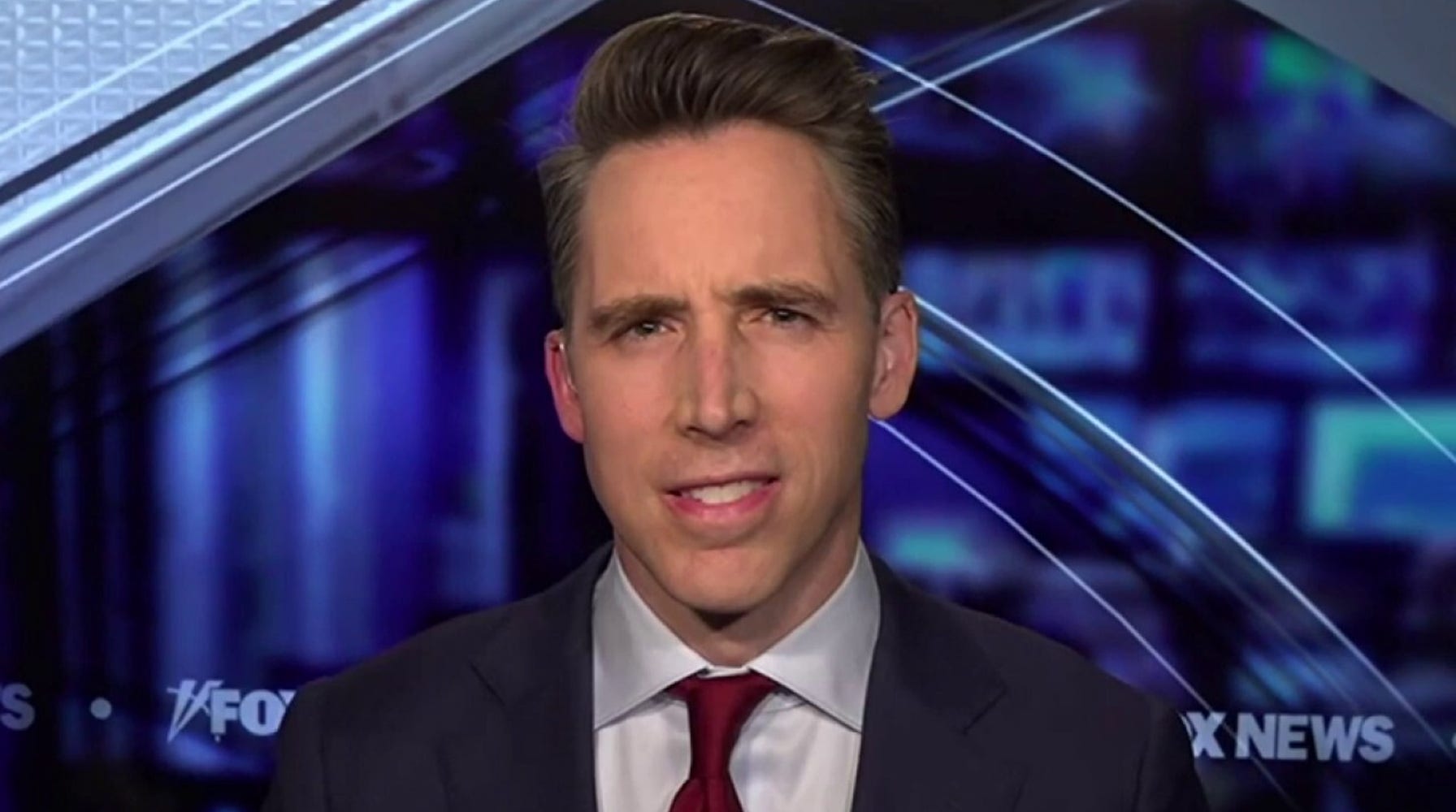
The United States Senate is facing a potential surge in gridlock as several moderate senators from both sides of the aisle prepare to leave. The departures of Sens. Mitt Romney, R-Utah, Kyrsten Sinema, I-Ariz., and Joe Manchin, D-W.Va., raise concerns about the upper chamber's future ability to legislate across party lines.
Republican strategist Ron Bonjean, former spokesperson for former Senate Majority Leader Trent Lott, believes the Senate is trending toward a more hostile atmosphere as moderate or independent-minded senators retire. Professor Grant Reeher of Syracuse University predicts "more deadlock and stalemate" if the departing lawmakers are replaced by "more polarized and polarizing figures."
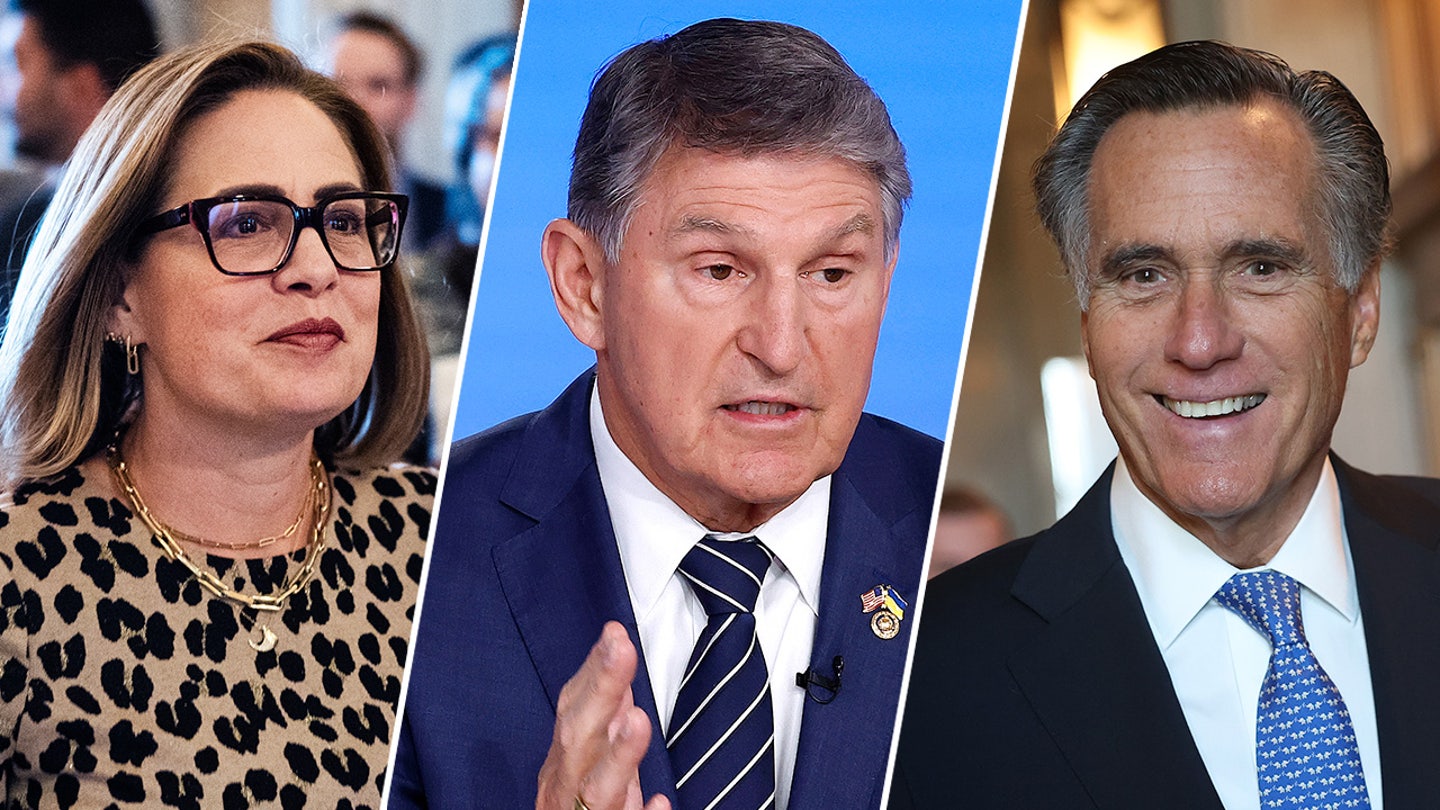
Professor Daniel Wirls of the University of California, Santa Cruz, acknowledges that the extent of future gridlock is difficult to predict but warns that moderate senators may have unintentionally contributed to stalemates in certain instances.
Sen. Romney has expressed his belief that the era of bipartisan cooperation in the Senate is over, citing the example of a productive group of senators during the COVID-19 pandemic that is unlikely to be replicated in the future. Romney predicts the formation of new groups based on different dynamics.
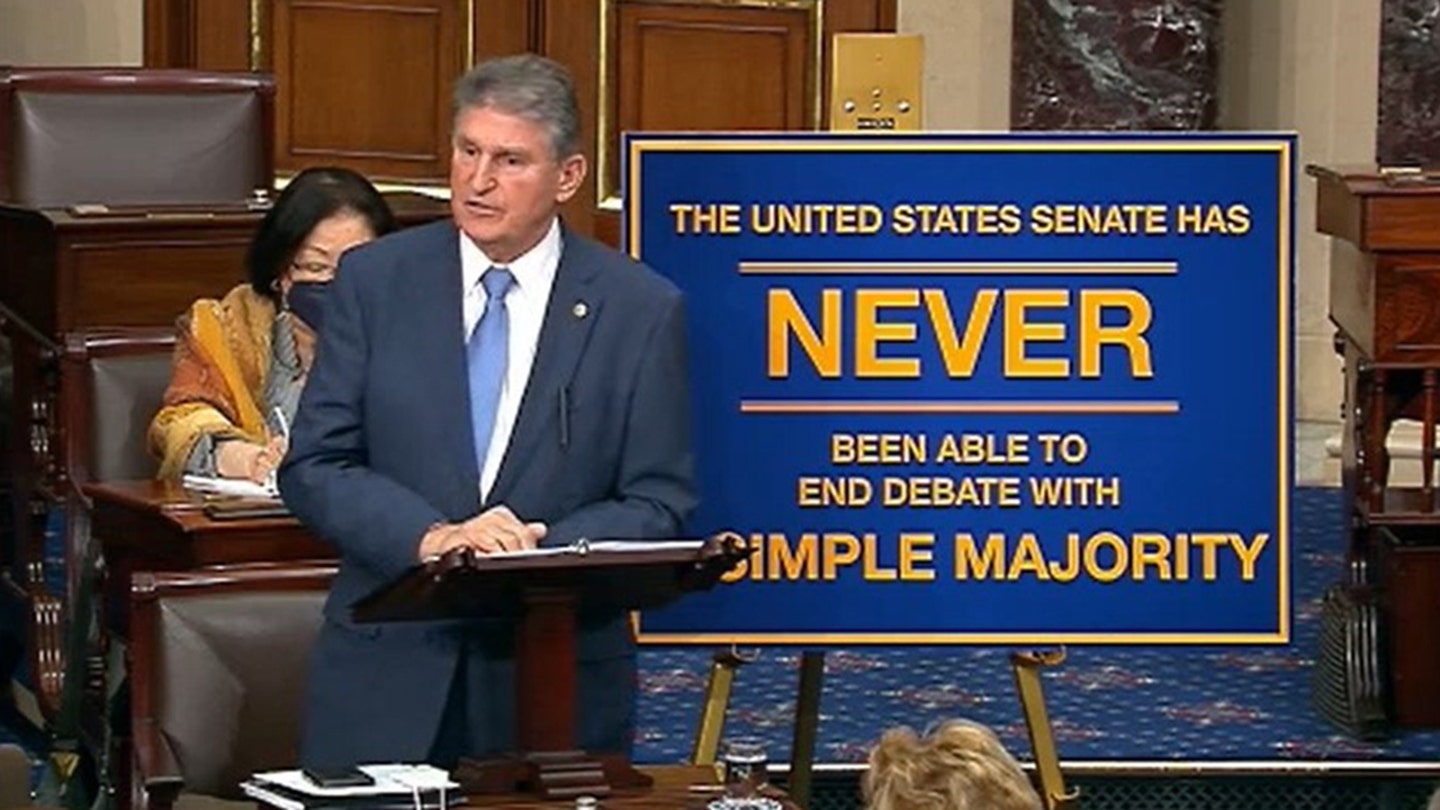
Bonjean predicts that the successors to Romney, Manchin, and Sinema will be more partisan and less inclined to seek bipartisan solutions. Reeher, however, points out that the states represented by these senators have a history of producing moderate representatives, offering some hope for similar successors.
The filibuster rule, which allows senators to block legislation without reaching 60 votes on cloture, presents another challenge for the future Senate. Reeher notes that the filibuster amplifies the voices of moderates, making Senator No. 60 more important than Senator No. 51.

With Manchin and Sinema strongly opposing efforts to eliminate or weaken the filibuster, its fate becomes even more uncertain as potentially more partisan senators enter the chamber.
Professor Wirls speculates that if Democrats gain control of all three branches of government, they might revive efforts to reform or eliminate the filibuster. However, he cautions that such a scenario is unlikely.
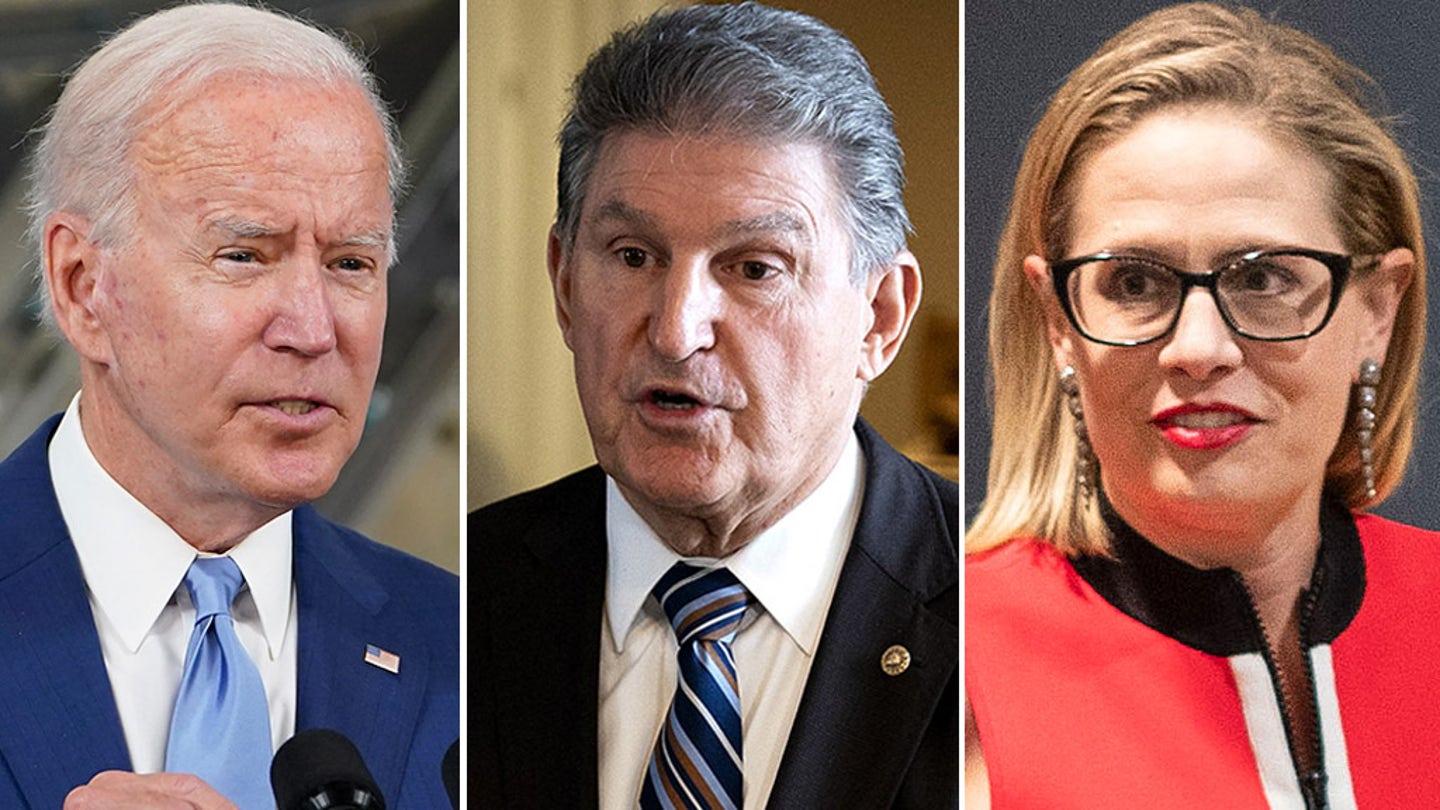
As the Senate becomes more partisan, neither Democrats nor Republicans are likely to make significant progress without facing significant challenges.






